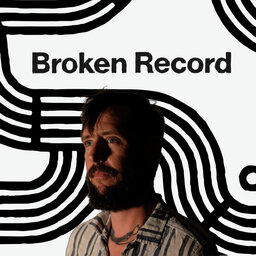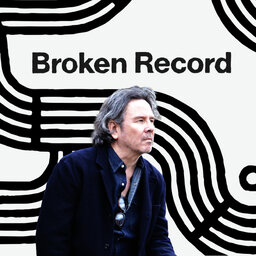Giles Martin, Part 2
Today we have part two of Rick Rubin’s conversation with producer and composer, Giles Martin. In part one, Giles talked about his delicate work remastering classic Beatles albums. Today we’ll hear Giles talk about his dad, Sir George Martin, who never second guessed his own genius. Giles also shares hilarious stories from his time as a teenager living at his father’s storied studio that was destroyed by a volcano in the Caribbean. Plus, he talks about the time he was fired and then rehired by Martin Scorsese.
You can follow Rick Rubin's new podcast, Tetragrammaton, at https://podcasts.apple.com/us/podcast/tetragrammaton-with-rick-rubin/id1671669052
You can hear a playlist of some of our favorite Beatles songs remastered by Giles Martin HERE.
 Broken Record with Rick Rubin, Malcolm Gladwell, Bruce Headlam and Justin Richmond
Broken Record with Rick Rubin, Malcolm Gladwell, Bruce Headlam and Justin Richmond


